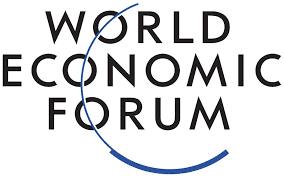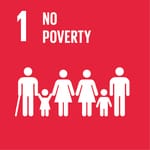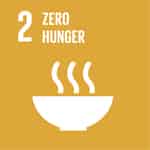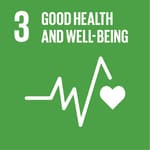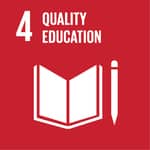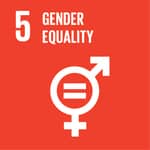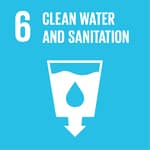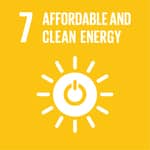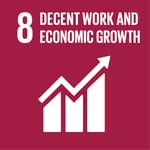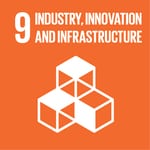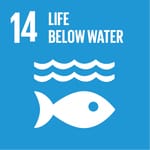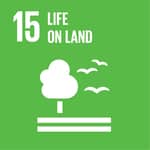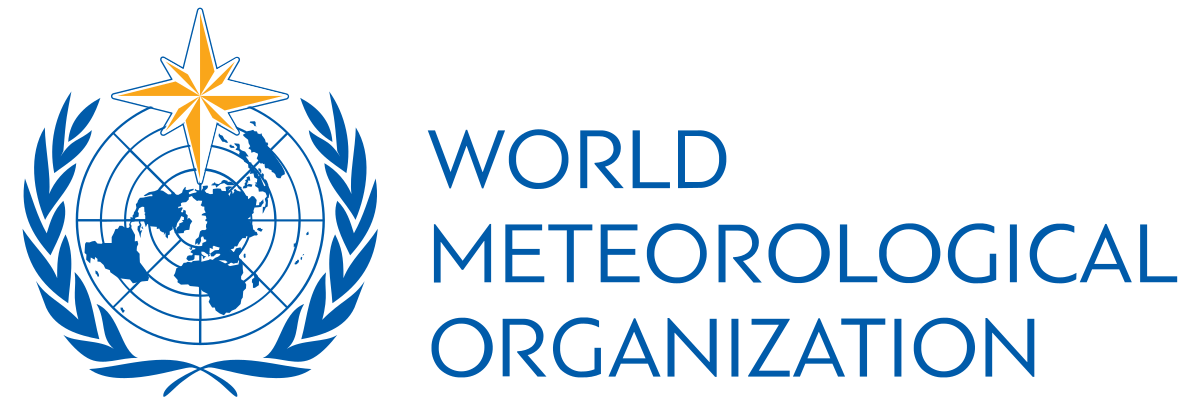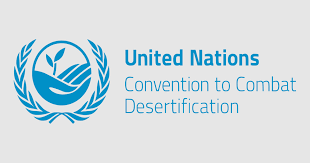It is committed “to improving the state of the world by engaging business, political, academic and other leaders of society to shape global, regional and industry agendas.” It views the global, regional and industry challenges facing the world as the result of the interaction between interconnected systems “from global systems that influence the environment and natural resource security, to the economic systems that create inequality, to the regional systems that determine the fortunes of nations, to the industrial systems that determine the effectiveness of supply and demand.” As such, it works with its members “to understand and influence the entirety of the system that affects the challenges and opportunities they are trying to address. Best known for its annual meeting of luminaries in Davos, Switzerland, its membership involves “1000 of the world’s top corporations.” WEF’s work focuses on five Issue Areas: Economic Growth (including food security and a circular economy), Environmental Sustainability, Financial Systems, Health for All, and Social Development.
Centres:
Collections:
Publications:
- Annual Report
- Reports
- Intelligence
- Videos
- Podcasts
- HIGHLIGHTS:
- Chief Economists Outlook (2021) – Explores the most important forces “supporting the recovery and important developments and risks that could delay or derail it. It draws on the collective views and individual perspectives of a group of leading Chief Economists through the Forum’s Chief Economists Survey and consultations with the Chief Economists.
Events:
- An online calendar of past and upcoming events

